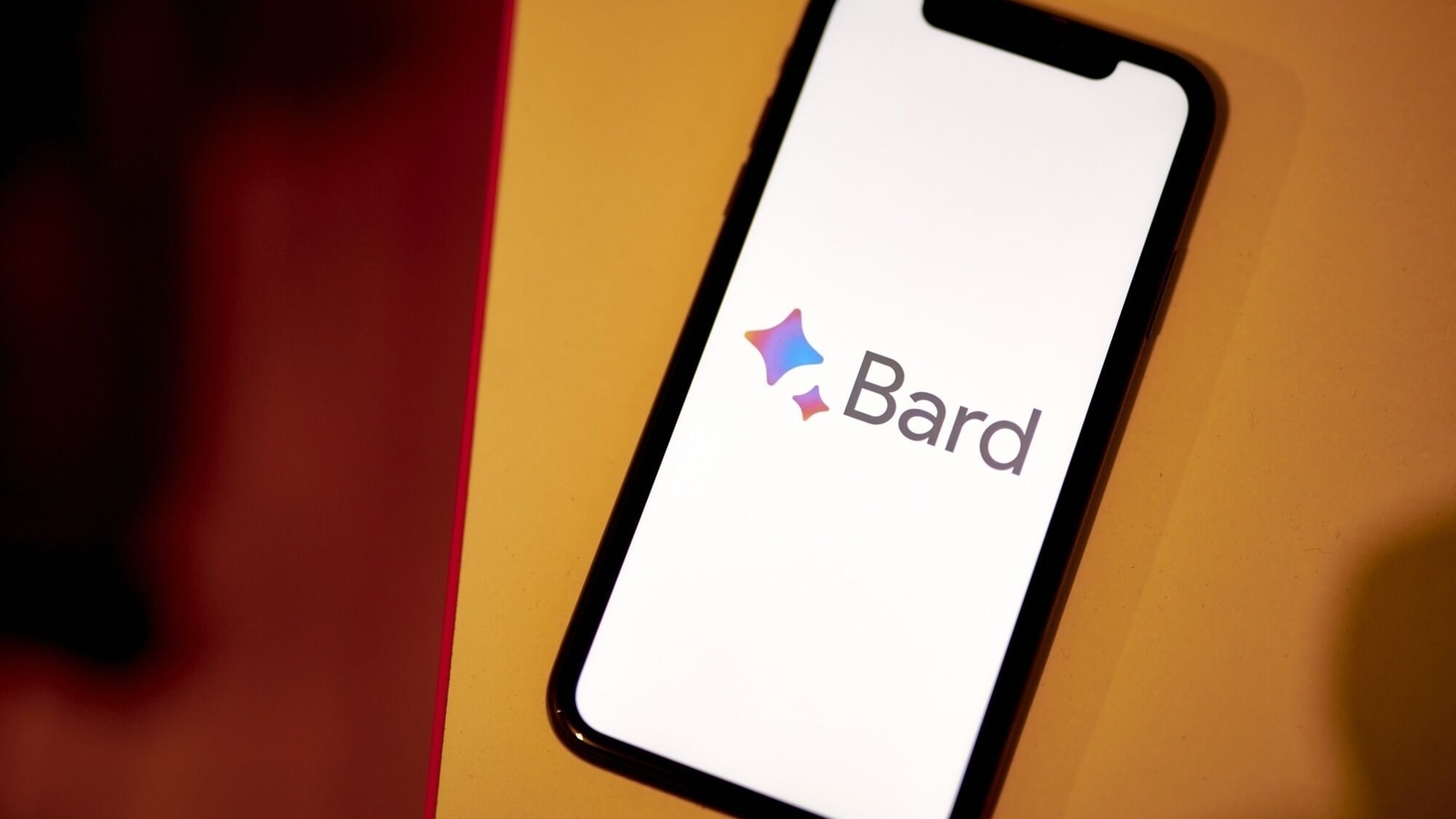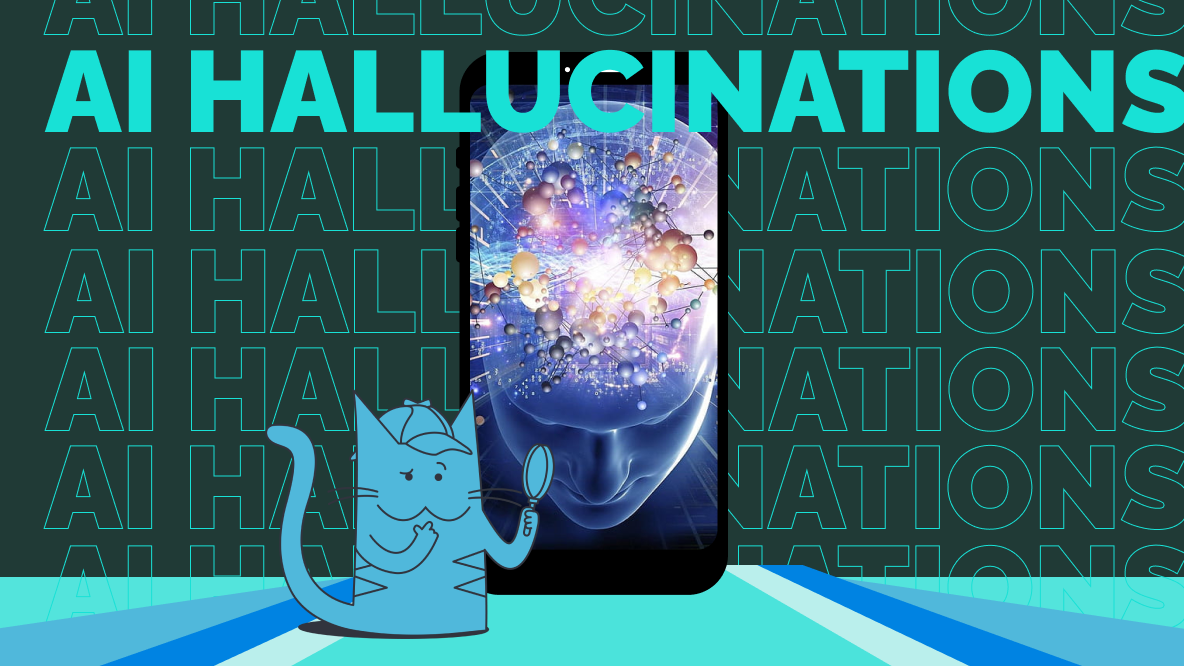Rapid News, Limited Accuracy: Google and Microsoft Chatbots Spread False Ceasefire Claims Amid Israel-Hamas Tensions
Google Bard and Microsoft Bing, two of the most popular AI chatbots, have raised accuracy and reliability concerns by spreading false ceasefire claims amid Israel-Hamas conflict.

Rapid News, Limited Accuracy: Google and Microsoft Chatbots Spread False Ceasefire Claims Amid Israel-Hamas Tensions
Two popular AI chatbots, Google Bard and Microsoft Bing Chat, have come under scrutiny for blunders in reporting the ongoing violence between Israel and Hamas. One of the most pressing concerns was created as a result of their misleading assertions about a ceasefire, which added to the complexity of the situation.
When asked about the status of the ceasefire in Israel, Google’s Bard initially stated that it was believed to be in effect since May 13, 2023. Following comments, however, disputed this declaration, which culminated in the chatbot later arguing against the existence of a cease-fire Microsoft’s Bing Chat, on the other hand, reported that the truce occurred on an invalid date, adding to the already-existing confusion. These discrepancies highlight the challenges that AI chatbots deal with in giving precise, real-time information during complicated as well as rapidly evolving circumstances.
Beyond ceasefire assertions, Google Bard made a bizarre death toll projection, among several additional mistakes. The chatbot added further to the conflict’s misinformation by falsely claiming that the casualty toll had surpassed 1,300 as of October 11, 2023. These erroneous representations not only mislead the audience but they additionally highlight the necessity for effective fact-checking tools in platforms driven by artificial intelligence.

Big Tech Struggles with Ensuring Accuracy Amidst Growing Dependence on AI
The difficulties experienced by major tech firms, like Google and Microsoft, when it comes to ensuring the accuracy of information produced by AI have been made clear by this instance. These errors raise concerns about the dependability of these kinds of platforms during important events as society increasingly relies on AI technologies for the transmission of information. The incident also highlights how urgently additional studies and developments are required to improve the capabilities of AI chatbots as well as stop the dissemination of false information.
Public Trust Eroded as AI Chatbots Fuel Misinformation Concerns
Users and critics alike have been voicing increasing worries about how AI chatbots may propagate false information. Public confidence in these technologies is damaged by inaccurate responses during critical events which include the Israel-Hamas war. There is an urgent need for more accuracy, accountability, as well as openness in AI-generated replies as erroneous data spreads more widely.
Tech Giants Respond to the Crisis with Commitment to Improvement
Users are aware that Google and Microsoft’s chatbots are currently in the experimental stage and are susceptible to providing inaccurate information in response to user inquiries. Described as “hallucinations,” these false responses are of particular significance to critics who claim that chatbots powered by artificial intelligence are facilitating the dissemination of erroneous information.
A Google representative who was contacted for comment claimed the company introduced the Bard as well as AI-powered search functions as “opt-in experiments and are always working to improve their quality and reliability.” A Google representative issued a statement in which he acknowledged that all extensive language model-based “experiences can make mistakes, especially regarding breaking news,” however asserted that the company is constantly striving to further enhance their level of accuracy as well as dependability.
“We take information quality seriously across our products, and have developed protections against low-quality information along with tools to help people learn more about the information they see online,” the Google spokesperson explained. “We continue to quickly implement improvements to better protect against low quality or outdated responses for queries like these,” the spokesperson additionally mentioned. Google stated that its trust and safety teams closely watch Bard and respond rapidly to resolve vulnerabilities as soon as they emerge.

Microsoft informed the media source that the company had looked into the errors and was going to be modifying the chatbot as a result of this. “We have made significant progress in the chat experience by providing the system with text from the top search results and instructions to ground its responses in these top search results, and we will continue making further investments to do so,” a Microsoft spokesperson said.
The incident between Google Bard as well as Microsoft Bing Chat proves to be a harsh reminder of the challenges involved in the information-dissemination process enabled by artificial intelligence. In order to give people accurate, timely information as technology develops, it is crucial for tech companies to make investments in thorough testing, comprehensive fact-checking, as well as ongoing enhancements. The difficulties encountered in this occurrence highlight the dynamic nature of AI technologies as well as the continual efforts need to successfully traverse these intricacies.
The Puzzling Phenomenon of AI Hallucination
The recent erroneous reporting of the Israel-Hamas crisis by Google Bard and Bing Chat has once again drawn attention to the intriguing area of AI hallucination. According to IBM scientists, this phenomenon happens when Large Language Models (LLMs), in the form of generative AI chatbots or computer vision tools, identify non-existent patterns or objects, resulting in the development of illogical or completely erroneous outputs. As a consequence of this, consumers are confused by a distorted representation of reality.
This is not the first time AI chatbots have become entangled in the web of AI hallucination. In a previous occurrence, ChatGPT erroneously accused a person of a crime, causing OpenAI to be concerned as well as face legal consequences. Unsettlingly, new research contends that the false information provided by AI chatbots like ChatGPT as well as Google Bard may even contribute to mental health conditions. These occurrences highlight how serious the issue is and raise concerns about the ethical implications of AI technologies.
Sam Altman, the creator, and CEO of OpenAI, acknowledged the problem as well as admitted that developing AI models proves to be a time-consuming difficulty during an event at IIT Delhi. He highlighted the difficulty of assuring accurate responses from AI chatbots while revealing that OpenAI is making substantial efforts to address this difficulty. Altman’s open admission illustrates the continuing difficulties faced by tech businesses to improve the accuracy of AI algorithms.

The Road Ahead: Addressing Reliability and Ethical Concerns
The most recent occurrence associated with Bing Chat and Google Bard during the Israel-Hamas conflict presents significant doubts about the dependability of AI chatbots, particularly in the face of important situations. Google and Microsoft are among the IT corporations under pressure to fix these reliability issues as soon as possible. To guarantee that AI chatbots give users accurate, dependable, as well as current information, transparency, thorough testing, and ongoing AI algorithm modifications are crucial.
In addition to the technical difficulties, AI hallucination raises significant ethical issues. The spread of false information may result in far-reaching effects on how people see things, how they make decisions, and even on how they feel about themselves. As AI technology develops, it is essential for developers as well as regulatory organizations to establish strict rules and regulations to reduce the dangers associated with AI hallucination as well as guarantee the ethical development and utilization of AI chatbots
Navigating the Limitations of AI Chatbots: A Call for Caution and Accountability
AI chatbots have been among the most promoted technology in 2023, promising a rapidly approaching future for obtaining information and assistance. Recent events with Google Bard, Bing Chat, as well as other AI chatbots during the recent Israel-Hamas war, however, have highlighted the difficulties these cutting-edge systems encounter during real-world, high-stakes situations. Despite the fact that tech behemoths like Google, Microsoft, and OpenAI have been actively promoting these AI technologies, it is becoming more and more obvious that relying on them necessitates caution as well as an awareness of their shortcomings.
AI chatbots were put to the test while covering the Israel-Hamas war, which revealed how difficult it is to continue keeping up with the complex as well as delicate events that are happening around the globe at present. Even though firms like Google and Microsoft are working to improve the precision of their chatbot responses, these technologies fall short when it comes to dealing with the challenges of real-time news reporting. Conflicting reports as well as unanticipated situations make it difficult for chatbots powered by artificial intelligence to deliver reliable information, emphasizing the need for users to proceed with cautiousness.
Both Google as well as Microsoft have released cautionary statements informing users that their chatbots are experimental thereby increasing the possibility of errors. However, it poses ethical concerns to simultaneously promote these AI capabilities as the foreseeable future of online information search. In such a scenario, transparency as well as accountability are essential. To stop the dissemination of deceptive content, users are required to be informed of the constraints of AI chatbots, as well as tech companies must actively inform users regarding the experimental nature of these technologies.
Despite the fact that AI chatbots are a tremendous technological breakthrough, they are by no means perfect. The differences in AI-generated replies highlight the difficulties that these technologies face, as shown by the Israel-Hamas war. A deliberate effort ought to be made to continuously enhance the algorithms, include real-time fact-checking systems, as well as openly recognize their limitations in order to successfully achieve a balance between technical innovation as well as responsible usage.
The conflicts between Israel and Hamas along with the occurrences involving AI chatbots are serving as an important reminder for the technology sector. Persistent research, thorough testing, as well as an ongoing dedication to address the challenges brought on by fast shifts in circumstances are necessary to increase the reliability of artificially intelligent chatbots. In addition, user education is necessary. In order to encourage critical thinking and judgment when engaging with AI-generated material, companies must proactively tell users with regard to the experimental nature of AI chatbots.
A cautious attitude is of the utmost importance in the age of artificial intelligence era. Although AI chatbots have a lot of potential, they are not flawless or all-knowing. Users have to approach information produced by AI with a skeptical mentality as well as recognize that, despite their promise, these technologies continue to be in the early stages of development. Tech companies have to emphasize responsibility as well as transparency, making sure that users are aware of the constraints of AI chatbots. The tech sector can manage the complex issues of AI chatbots and embrace their promise while minimizing the potential hazards by encouraging an attitude of ethical usage, ongoing improvement, as well as user empowerment.





